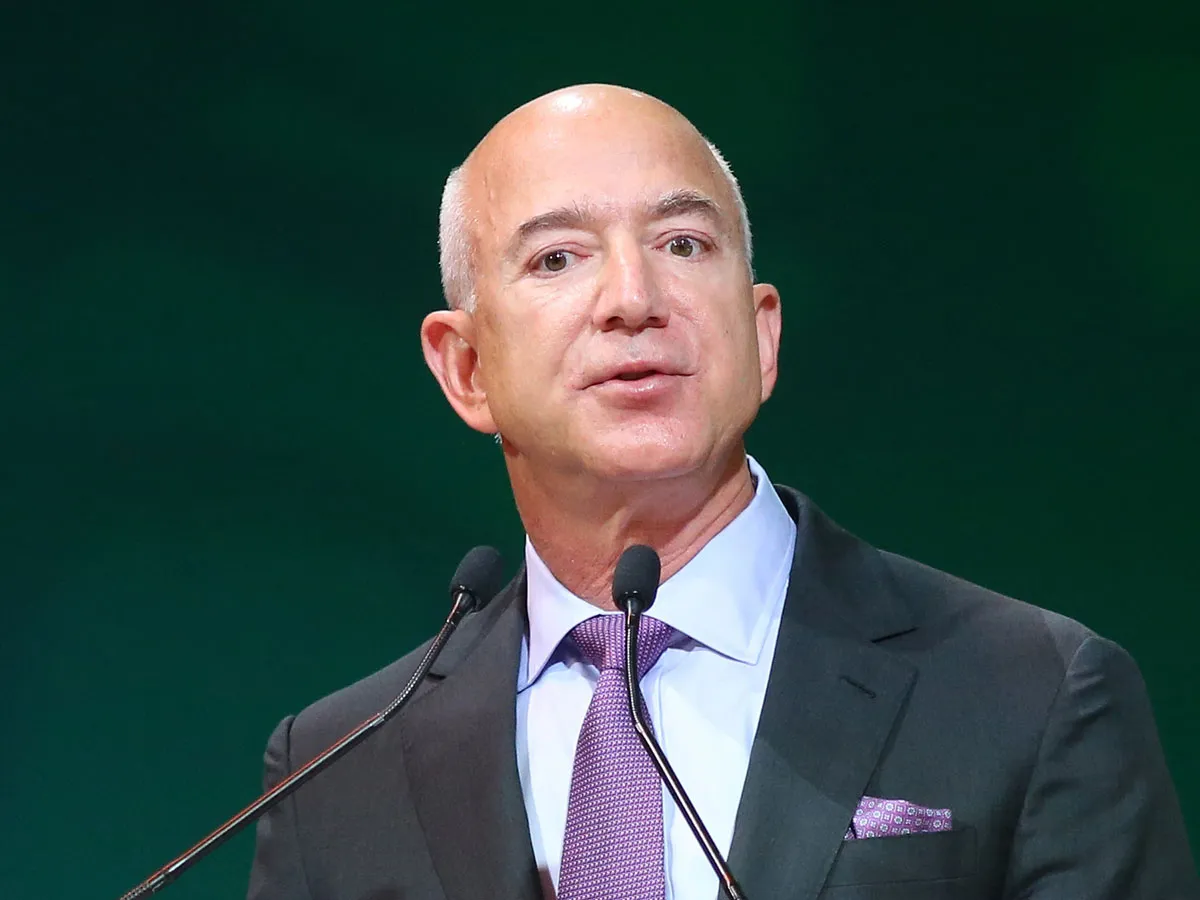Washington Post Loses Over 200,000 Subscribers in Response to Endorsement Change

In a rare public statement, Jeff Bezos, the owner of The Washington Post and Amazon founder, defended his recent decision to stop the newspaper from endorsing any candidates in the upcoming presidential election. He wrote an opinion piece in the paper, explaining that he believes this move will help make the journalism at The Post more independent and unbiased.
Bezos stated that presidential endorsements don’t really influence how people vote. He argued that no undecided voter would choose a candidate based on a newspaper’s endorsement, saying, “What presidential endorsements actually do is create a perception of bias.” He emphasized that ending these endorsements is a principled choice.
However, this decision has sparked controversy within The Post. After his op-ed was published, three members of the editorial board, who had supported making an endorsement, resigned in protest. Additionally, over 200,000 subscribers canceled their subscriptions due to disagreement with the decision.
Bezos acknowledged that the timing of the announcement was not ideal, admitting he wished they had made the change earlier, when it wasn’t so close to the election. There was also talk of a meeting between former President Donald Trump and executives from Blue Origin, Bezos’s space company, shortly after the endorsement decision was announced. This led some to speculate that Bezos was trying to win favor with Trump.
Bezos denied these claims, insisting that there was no communication between The Post and any political campaigns about the decision. He made it clear that the choice was made entirely within the newspaper, without any outside influence. He expressed frustration upon learning about the meeting with Trump, knowing it would lead to misunderstandings about his decision.
Bezos acknowledged that his multiple business interests can sometimes create the appearance of a conflict of interest. However, he argued that his wealth protects The Post from external pressures. He concluded by stating, “While I do not and will not push my personal interest, I will also not allow this paper to stay on autopilot and fade into irrelevance.”








